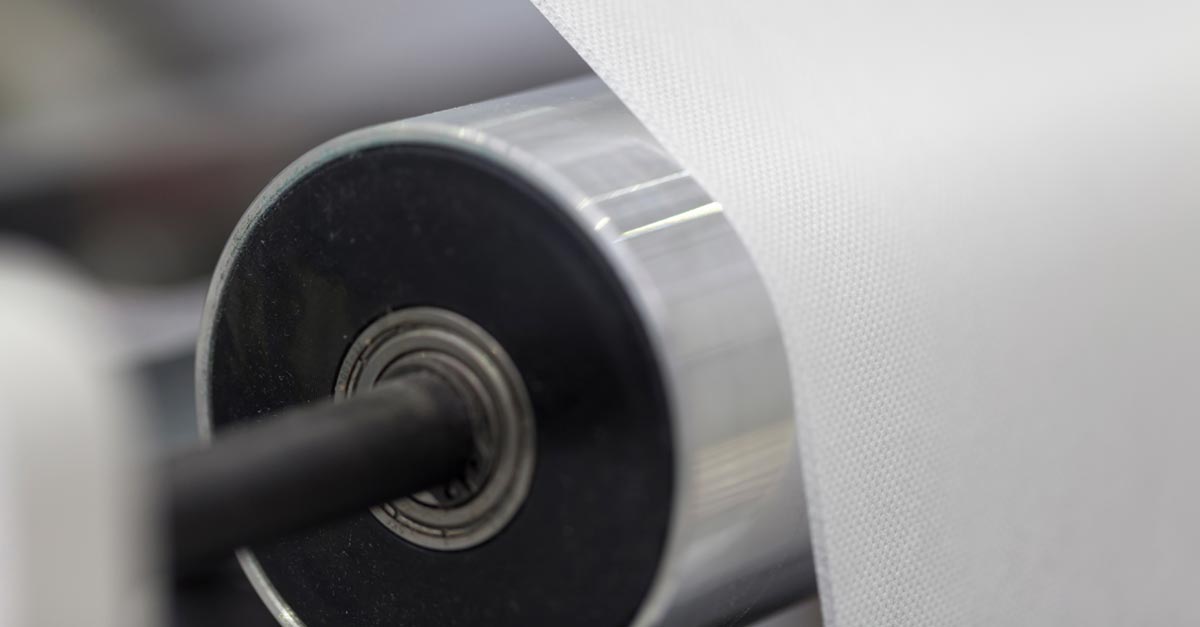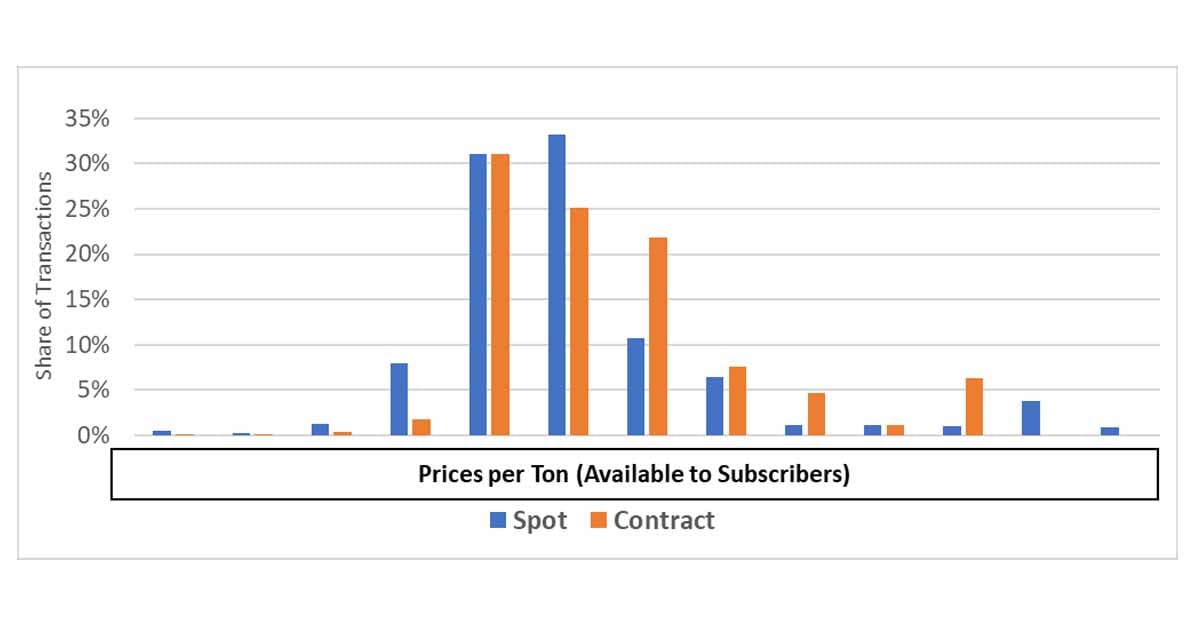The novel coronavirus, dubbed COVID-19, has sent the world into a frenzy. Stock markets are a daily rollercoaster, supermarkets are a daily venue for consumer panic, companies are urging employees to stay home, but most importantly, people are getting the virus and dying.
This mysterious disease has found its way to six continents, more than 140 countries and infected more than 201,000 people – claiming more than 8,000 lives, according to the latest counts.
With COVID-19’s widespread impact, Fisher International representatives around the globe have offered updates on both the wellbeing of their regions and the ramifications for local pulp and paper industries.
CHINA
Amy Chu, Senior Consultant
The situation is improving in China. Today, Guangzhou (where I live) the government announced restaurant and public commercial areas can go back to routine.
In major news, the 127th China Import and Export Fair will be conducted as planned starting April 15. Many citizens (including myself) feel nervous as there will be lots of visitors in Guangzhou in a confined area. For reference, at the 126th fair held in 2019, around 75,000 individuals visited.
Jeanne Luo, Researcher
Here, the epidemic is now under control. Some paper and paperboard mills (except Hubei Province) had been allowed to return to work since the end of February.
Last week, mainly paper and paperboard mill workers (including Hubei Province) went back to work. Since the beginning of the outbreak, there were about two months when the primary Chinese paper mills were forced to shutter.
Currently, most aspects of life have returned to normal, however, most citizens still wear protective masks while in public. This is benefiting some paper producers based on the incredibly high demand for paper masks.
UNITED STATES
Joanna Wilhelm, Senior Consultant
It’s been interesting to watch the development of COVID-19 in the US and hear about the different containment plans in different regions.
In Maine, we had our first case reported on March 12 and were up to 17 cases, of all ages, as of March 16. The University of Maine sent all students home and will be enacting virtual learning in the near term, and all primary schools recently announced they’ll close for at least two weeks.
That said, there have been no plans or announcements to shut any of the paper mills in Maine; it’s business as usual for now.
(Read more: How Coronavirus Could Impact Pulp & Paper Demand)
Some mills, including Canada-based Kruger, are working overtime to keep up with demand. American Forest & Paper Association (AF&PA) President and CEO Heidi Brock released the following statement earlier this week:
“This situation is highly dynamic and changing daily, and the industry is working diligently to respond to the spike in demand for tissue products due to coronavirus (COVID-19) purchases. Rest assured, tissue products continue to be produced and shipped – just as they are 52 weeks each year as part of a global market.”
However, in unfortunate news, Arkansas lost a $1.5 billion paper mill project as China’s Shandong Sun Paper terminated a previous agreement, citing trade tensions, economic uncertainty and the coronavirus outbreak as reasons for the decision.
Bruce Janda, Senior Consultant
I just finished a highway trip through California, Arizona, New Mexico, Texas, Oklahoma, Missouri, Illinois and Wisconsin to see how people were reacting. The western states were cautious and doing extra cleaning at every business catering to travelers, and they were carefully handling all personal transactions.
(Read more: Toilet Paper & Coffee Cups — COVID-19 Continues Shake-Up of Paper Industry)
The central states of Oklahoma, Missouri and Illinois seemed utterly unconcerned about extra precautions and focused only on toilet paper shortages. Most of my clients are currently trying to figure out how to work from home.
FINLAND
Iiro Koria, Senior Researcher
The Finnish government has passed a law that effectively closes all borders between March 19 and April 13. (This applies only to people and not goods.) There’s also new legislation to prevent market speculation around medical supplies as well as an emergency fund totaling €5 billion to support the impact of the virus on companies. Whether this is enough or not, we will have to wait and see.
At this moment, there seems to be little impact on the pulp and paper industry. However, Essity and Metsa Tissue are currently working overtime and increasing the shifts at their tissue mills in Nokia and Mantta to cover the increased general demand.
NEW ZEALAND & AUSTRALIA
Chris French, Researcher
No one can enter New Zealand or Australia by any means without first going into 14-day self-quarantine. This has totally killed the tourist trade and caused businesses to rethink travel and sales calls.
Tissue manufacturers are working 24/7 to meet the demand and some other paper mills are also still running. The biggest hit has been to the logging industry. Many small logging companies are closed and workers have been let go.
We export a huge number of logs and chips into Southeast Asia—all of which stopped when China’s economy first stopped. Yesterday, a government package was announced to help pay wages of firms hit by COVID-19 as well as other assistance with emphasis on the timber industry and tourism. Most restrictions on crowd sizes and travel seem to be set until June, at which time we hope for some sense of normalcy.
Pulp and paper producers use Fisher’s business intelligence resources for both market and competitive analysis. From strategic decisions about products and assets to tactical decisions like where to spend sales time, we support the entire decision chain with the FisherSolve™ platform.











